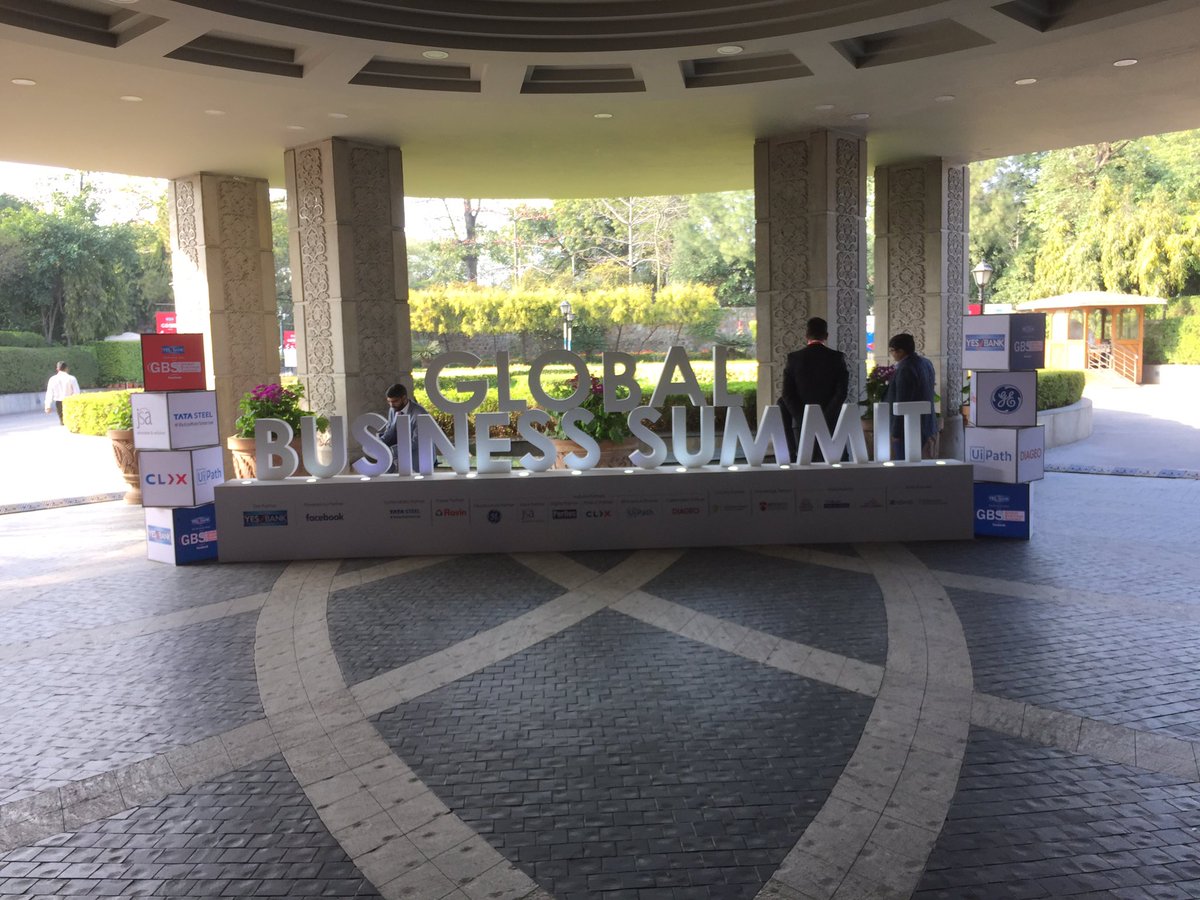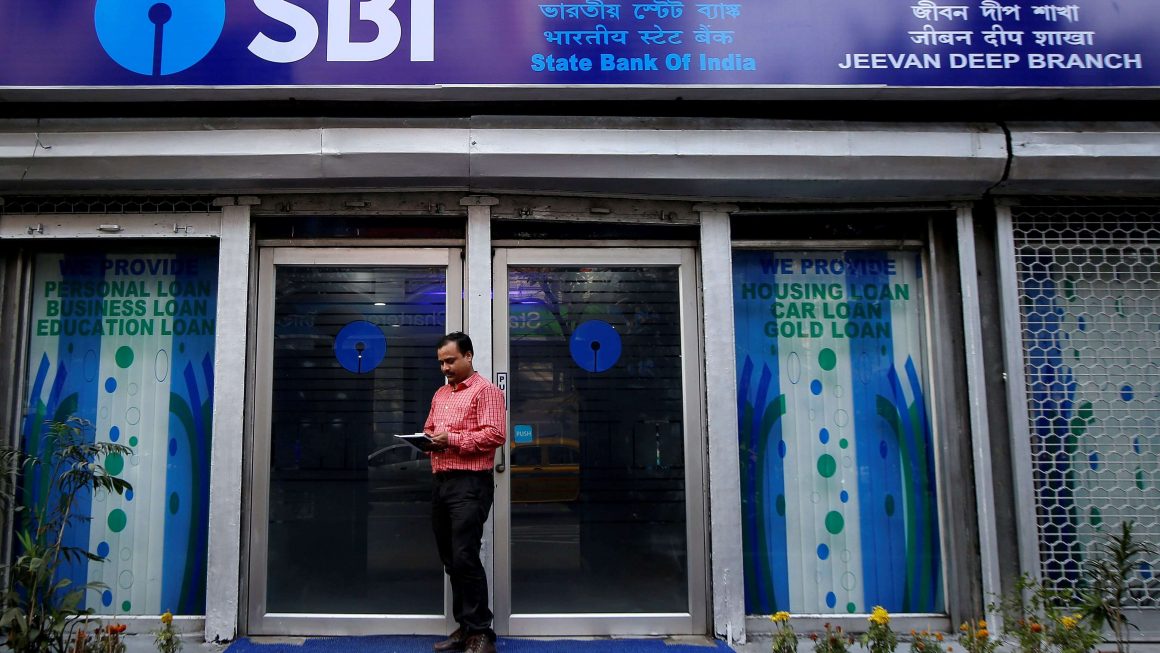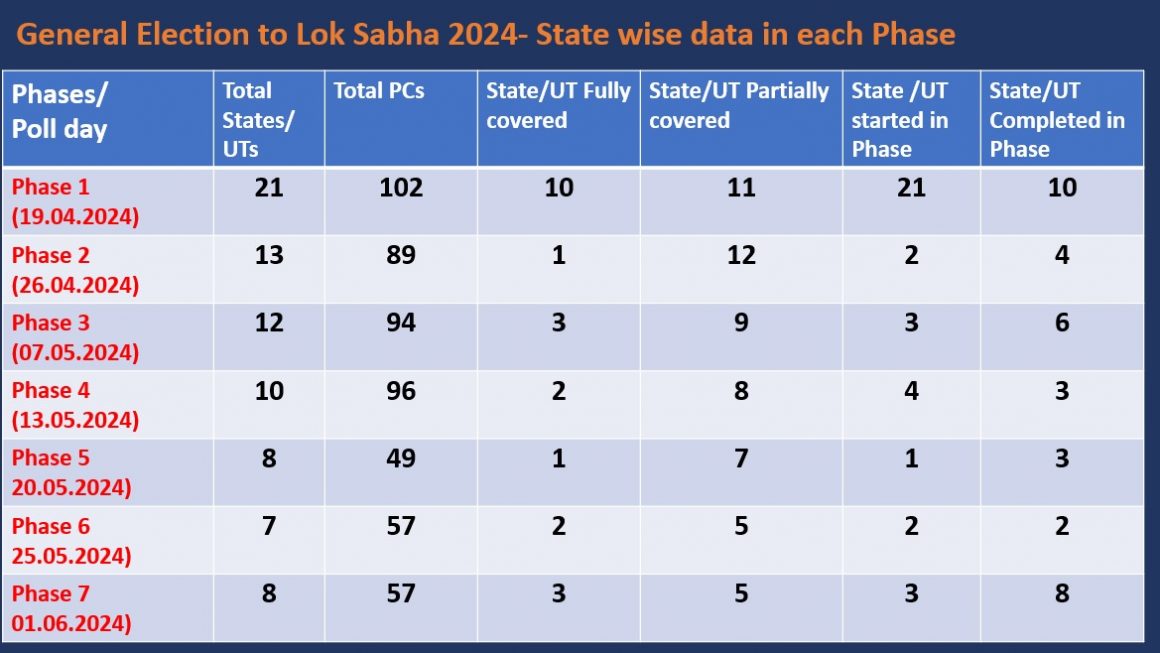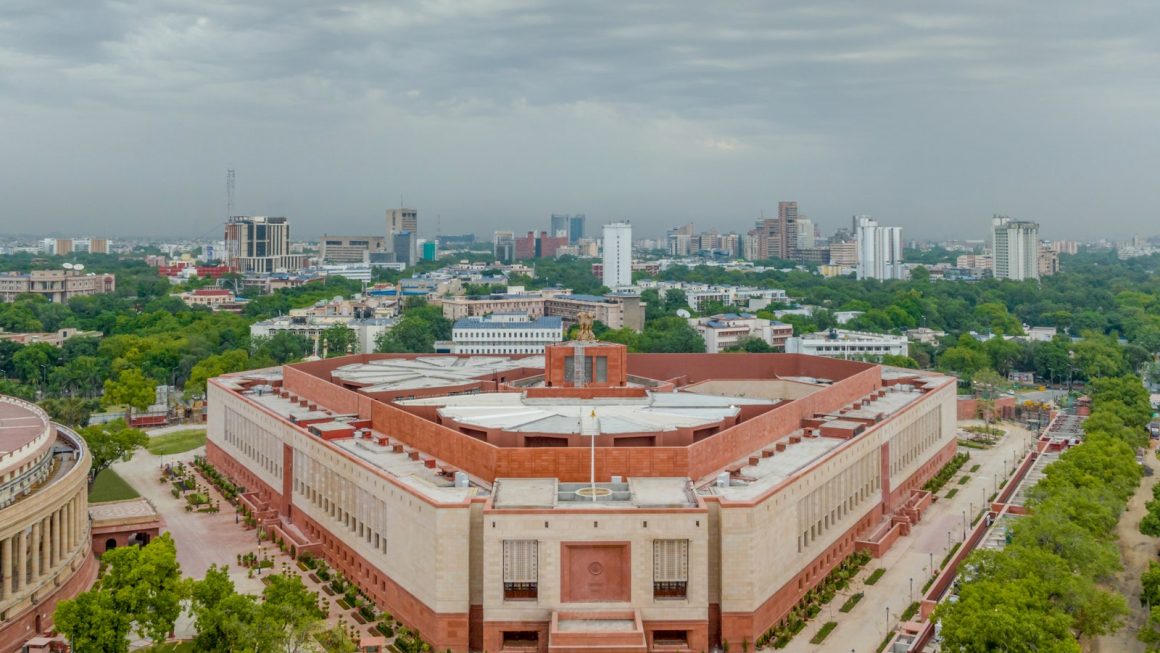NEW DELHI: Debates and discussions on the unprecedented role and impact of technology in transforming businesses ruled day one of the 5th edition of The Global Business Summit being held on 22nd and 23rd February 2019 in New Delhi. Presented by The Economic Times and YES BANK and powered by Facebook, saw the presence of eminent delegates including corporate A-listers from India and across the world.
In his special address today at the Summit, Arun Jaitley, Minister of Finance, Government of India in conversation with Bodhisatva Ganguli, Executive Editor, The Economic Times said, “India is gradually moving in a direction where politics is being influenced by economic cues. I think India has more than one reason to be satisfied but a reason to still be impatient. We have achieved a lot. And are one of the fastest growing economies.”
“When I say India has a lot to be impatient about, we have people wanting to join the middle class, which is fuelling the impatience,” he added.
“The impatience of India is going to compel the country to take a particular course. There’s a lot of public pressure on policymakers and at times there is pressure from opposition on certain reforms. Reforms are not easy now because there are pressures from public opinion, trade and industry opponents. The last thing that India needs at this stage is political instability. What India needs is a five-year government,” the FM further added.
Day two of the Summit will see the presence of Narendra Modi, Prime Minister of India giving the Chief Guest Address – Preparing India For the Future.
Welcoming the delegates, Vineet Jain, MD, The Times of India Group said, “Our mission is for GBS to establish itself as the Davos of the East. It may not snow in Delhi, but the sun is shining on the world’s fastest growing large economy even as dark clouds gather elsewhere.”
Keeping in line with this year’s theme of sustainability, scalability and social change, the leaders from the corporate world focussed on how technology disruptions are changing business landscape.
Ashish Agarwal, Senior Group President & Chief Risk Officer, YES BANK, said, “Data is now the new air. Sustainability was viewed as a pocket square but not anymore. Banks need to work with platforms in order to facilitate development. He further added, “There is no sustainable business in an unsustainable world.”
In the session titled India: The Preferred Investment Destination, Jonathan Gray, President, Blackstone Group & Chairman, Hilton Worldwide quoted a popular Bollywood dialogue, “Picture Abhi Baki Hai – The best is yet to come. That is our view of India,” drawing applause from the audience.
“The current Government has worked to accelerate growth and create jobs… An amalgamation of big scale business, domain expertise, high conviction investors and higher capital is the secret sauce for business planning to succeed in the future. At the same time, global reforms remain critical in activating India’s full growth potential,” Mr. Gray added.
“The industry 4.0 revolution is fundamentally changing what we know,” observed Puneet Renjen, Global CEO, Deloitte. He added, “Thinking beyond one’s core competency and pushing boundaries will determine winners and losers because in the industrial revolution 4.0, staying complacent will not work. It is necessary to lever ecosystems and think beyond profit because purpose and profits co-exist.”
Paul Hermelin, Chairman & Group CEO, Capgemini praised India’s entrepreneurial culture. He said, “India is a country with an entrepreneurial culture. A culture that favours IT logic and has mathematical roots, and an openness to service.” Praising India, he added, “Digitalisation should not be seen as danger for mankind. What will make India successful? Combine the talents of India, technological push and acceptance for social disruption and you will find a concoction of success.”
The session with Martin Eberhard, Co-Founder, Tesla, Sebastian Thrun, CEO, Kitty Hawk Corporation & Chairman and Co-founder, Udacity, Jay Walder, Global CEO, Virgin Hyperloop One and Nandan Nilekani, Co-Founder, Infosys in Conversation on the panel was futuristic to say the least, talking about flying cars and electric and autonomous cars.
During the session, Nandan Nilekani, Co-Founder, Infosys said, “India is seeing exciting times in transportation. The real big thing that is transforming transportation in India is ride sharing. Fleets, self-driven cars among others will reshape the country’s transportation. High volume, low cost are succinct summation of India’s transport requirements. India is a place where you have the Chinese, US and domestic companies competing. It’s the ground zero for sustainability of Internet companies.”
Jay Walder, Global CEO, Virgin Hyperloop One spoke about his hopes for the new technology in India. Talking about the new technology, he stated, “Virgin Hyperloop is disrupting the idea of travelling between cities. With more speed and less time, it fundamentally transforms the way we imagine transportation.” He mentioned that Mumbai-Pune-Bangalore-Chennai travels will be re-imagined with the advent of the new technology.
The Global CEO’s session focussed on the great quality of talent in India and globalisation. They spoke about their hopes for the future.
Making a telling observation, Gopichand P Hinduja, Co-Chairman, Hinduja Group said, “Globalisation is suffering because of politics.” But he also added, “We learn quite a lot, when new technology comes in.” Praising Indian workforce, he said, “I find Indians to be more talented because they are hard workers and want to succeed.”
Hans-Paul Bürkner, Chairman, BCG remarked, “If we can make healthcare and education work, India’s population can be a dividend and not a drag. We need to see technology as an enabler and driver of productivity and help people who get displaced out of their jobs by reskilling them.”
Drawing attention to the role of technology in healthcare, Sangita Reddy, Joint Managing Director, Apollo Hospitals said, “We must also talk about Ayushman Bharat. Today, the largest health transition anywhere in the world is happening here and now. 500 million people are being brought under health coverage. These are the models we worked on for 20-30 years, but this government is making it happen and if we do it right, using technology, this will not just be about health access, this will be about India having the lowest backend per transaction cost compared to any country in the world.”



